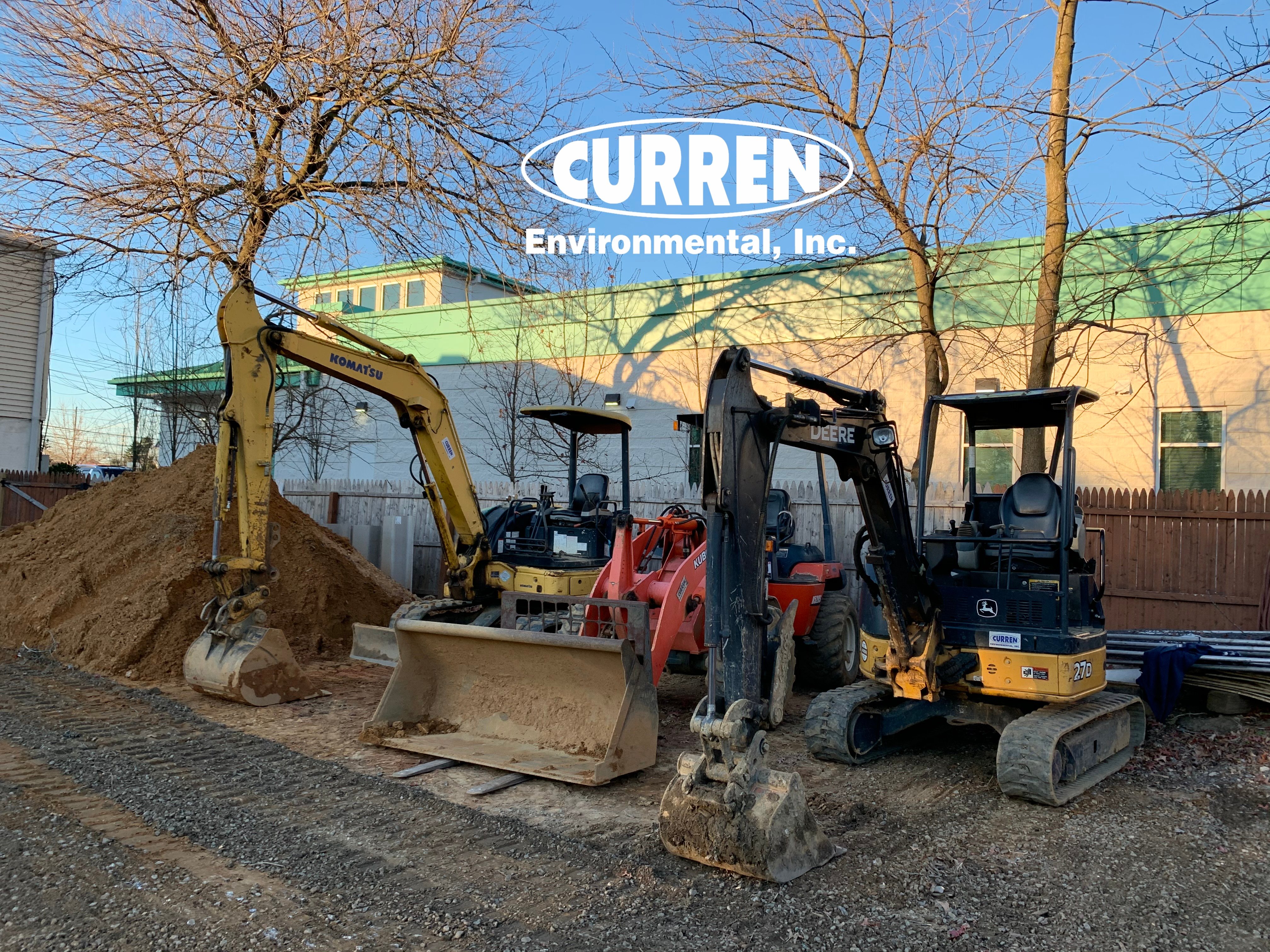What to Do When Buying a Property with an Oil Tank
Buyers in this situation should test the soil surrounding the tank before closing on the property and ultimately decommission the tank. If the buyer waits until after the real estate closing, the buyer may not be protected by the tank insurance policy. Often, tank insurance policies will not cover environmental damage discovered as part of the tank decommissioning process. A soil test performed as part of the real estate inspection period will identify petroleum contamination in the soil without interfering with insurance policy exclusion for "tank decommissioning".
Many tank insurance policies have very high deductibles ($2,500.00 or more). If the homebuyer identifies petroleum contamination before the closing, the homeowner will be responsible for paying the deductible not the unsuspecting homebuyer.
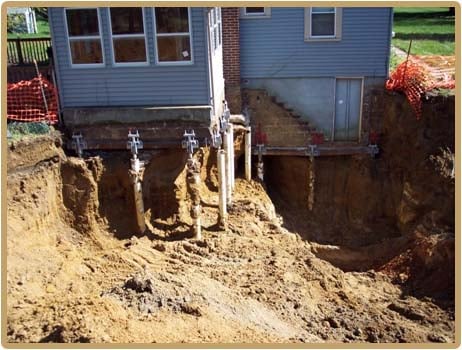
Ask the Experts
888-301-1050
Remove or decommission the tank immediately after the real estate closing. Don't delay! If you intend to take the tank out of service, begin the tank decommissioning process immediately! Remember, a buried steel tank can start leaking at any time without any warning signs. Soil testing and tank testing can only provide a " snapshot" of the condition of tank and soil at the time of testing. These evaluations cannot predict the tank's future reliability. Any delay will increase the risk of an environmental hazard.
If you intend to wait any length of time after the closing, it is important to purchase a tank insurance policy to protect against any future environmental liability.
If the home buyer discovered a problem with the tank or soil after the closing date, it is the home buyer's (who is now the homeowner) financial responsibility for the environmental clean-up costs. Last year, the average cost for an environmental clean-up of a residential oil tank exceeded $8,000.00.
Know before you buy a home with an oil tank.
Do you know the owner of the contamination is the property owner, not the person who created the pollution? So if you buy a house with an oil tank and never use it and you find it has leaked, you own the problem?
We did a tank sweep for a client and located a filled in place tank. Gave our client (buyer) the report of where the tank was located and a cost to remove the tank, that they are supposed to give to the seller. The buyer instead says they will hire Curren to remove the tank after they buy the house. We said what do you have to say the tank did not leak. Turns out nothing, but in their sales contract was the following language.
If Buyer proceeds with this Contract and purchases the Property, Buyer shall purchase any and all Tank(s) in their “as is” condition, and Buyer shall waive any and all rights or claims with respect to Seller concerning the condition of the Tanks or compliance of the Tank(s)with any and all applicable laws.
Our client is sitting down with their lawyer, as they did not understand the liability with an undocumented untested oil tank.
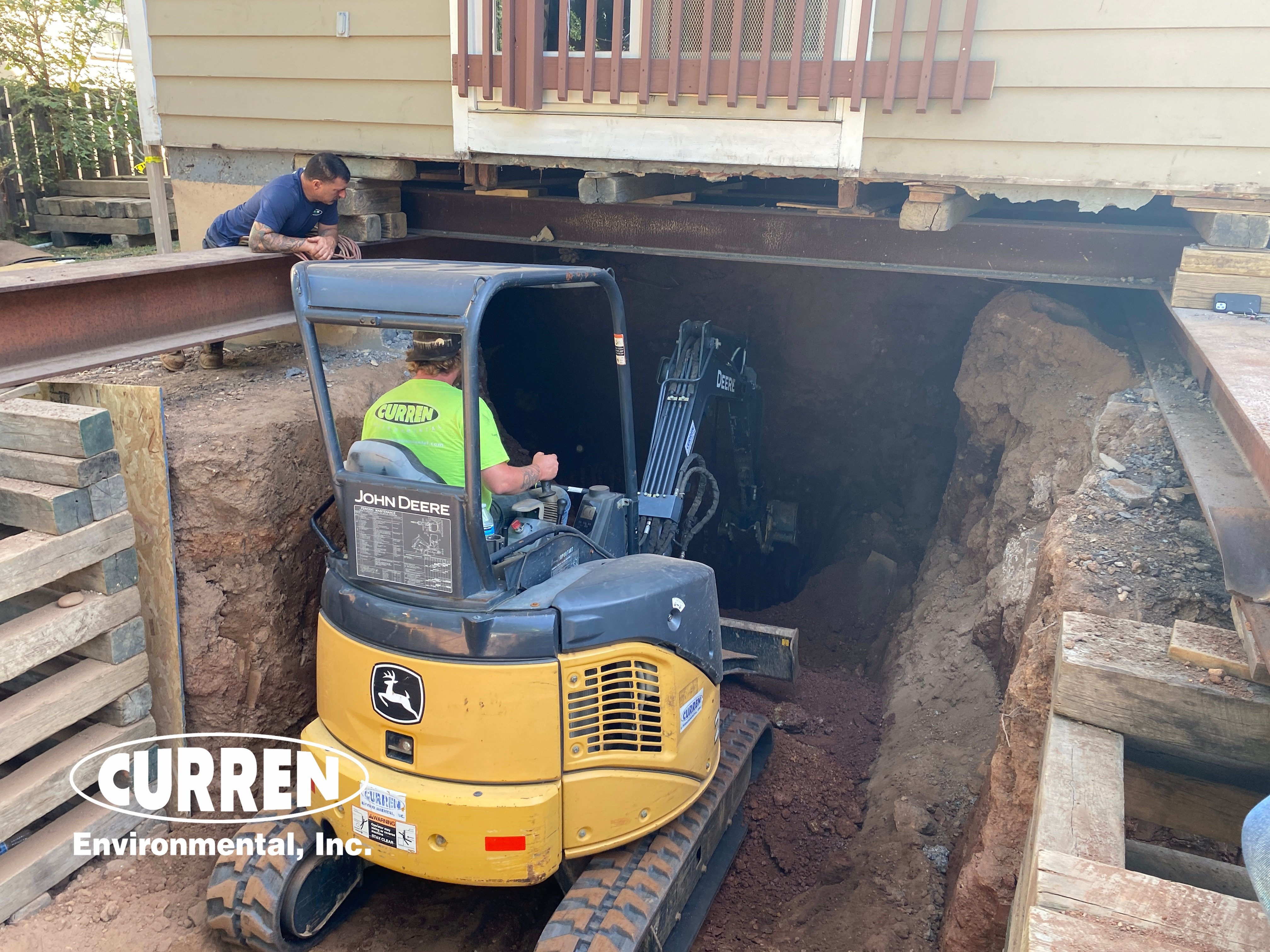
So you buy a property with a $50,000 environmental cleanup its your problem.
There are options when you buy a property with an oil tank. Let's say you are buying a house with a heating oil tank that still is in service. Well 90% of the time this tank is out of warranty, you want it removed, tested and a new tank installed aboveground with a warranty. Yes, you need to supply some financial concession for this to work as what I just described could cost $5,000.00. Please don't fool yourself and think that the tank has already been replaced, if you have no paperwork saying so, well then, it's not true.
Let's circle back to the prior example where a tank was found to have been decommissioned on the property. By decommission I mean filled with sand. 100% of the time you want this tank removed and tested, UNLESS you have a report saying the tank did not leak assume it did until proven otherwise. So now the property owner needs to remove and test the tank.
Let's say you are buying a house as is with a buried oil tank. If you read this far you would know that's a really bad idea, but some sellers take this stance. If you must you can do soil borings around the tank to evalaute for contamination. This is not 100% conclusive though, because you can't test under the tank or between the tank and the house (as this area houses copper lines with oil that you could hit and cause a problem. Clearly tank removal is 100% that is why it is recommended.
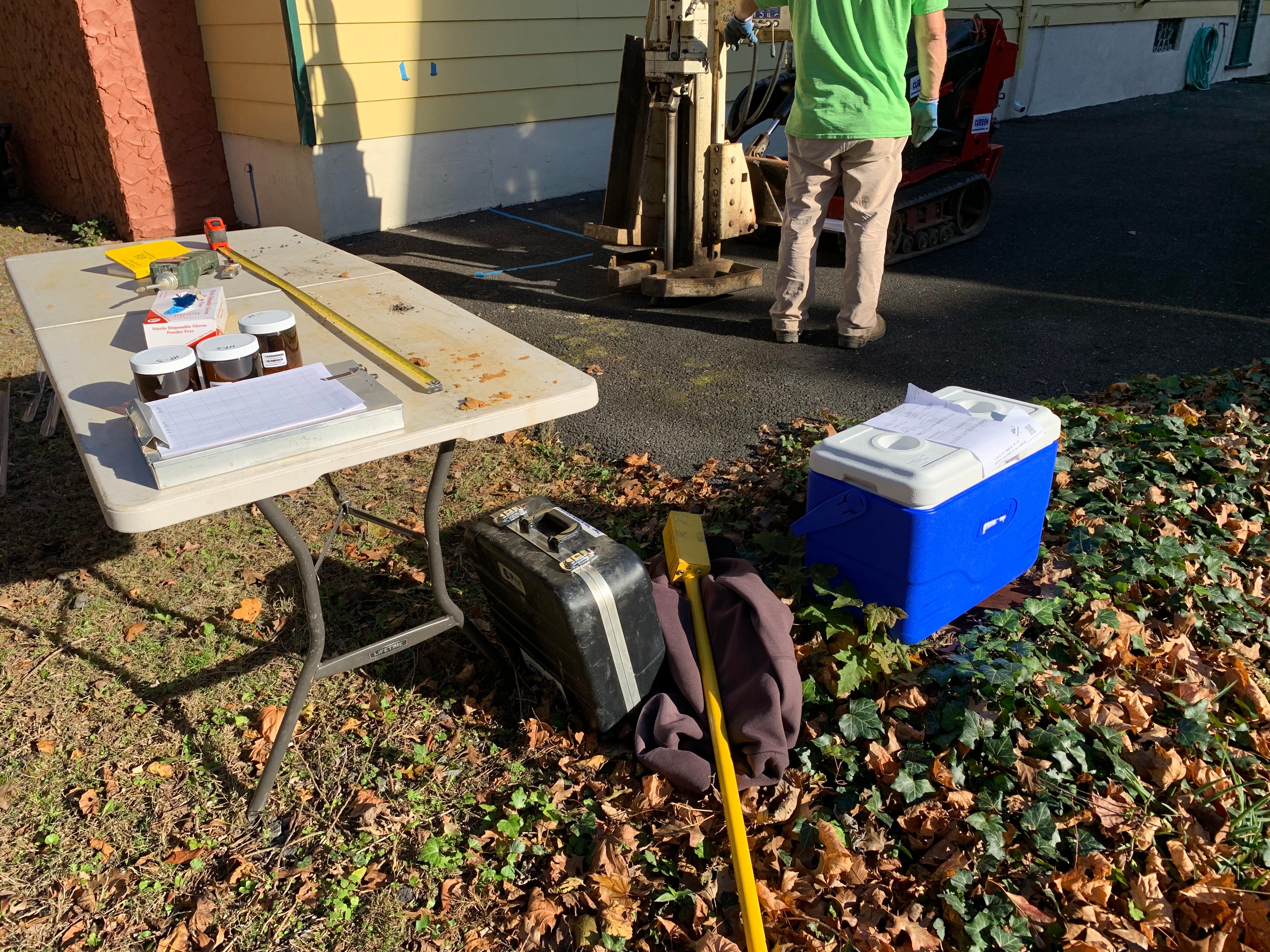
But don't discount out soil borings you can a pretty good read if you have a $30,000 problem, you just might not be able to remove the possibility of a $5,000 problem.
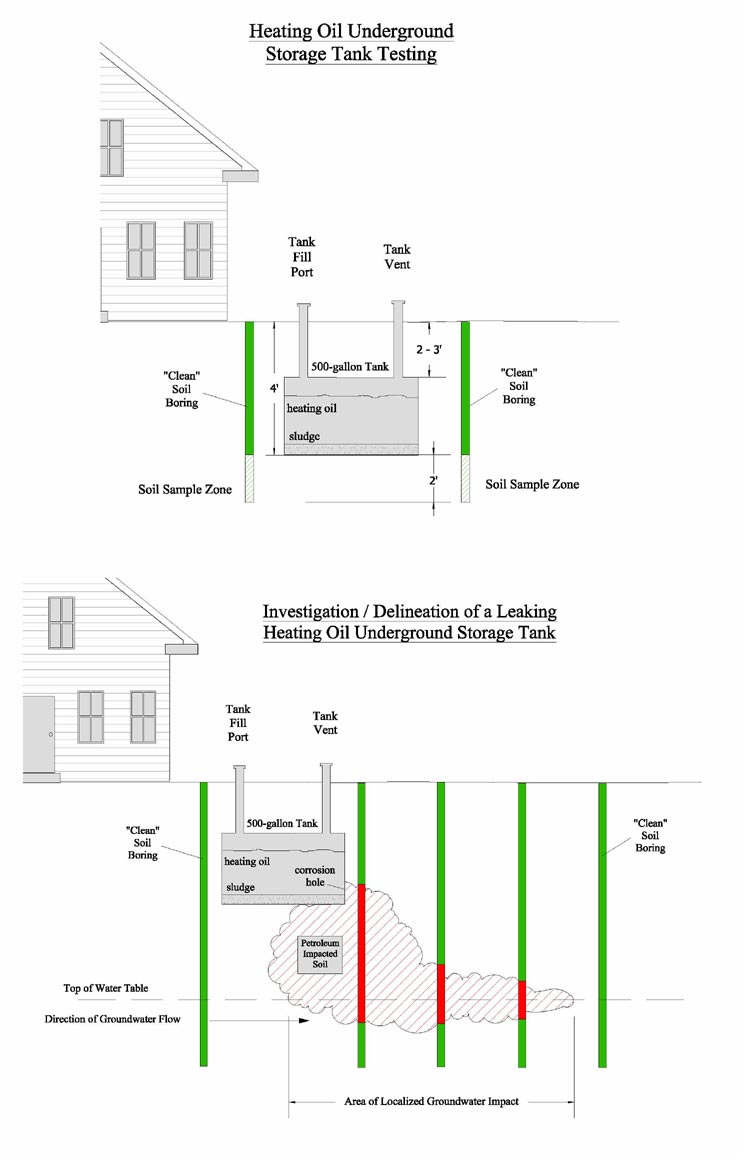
Ask the Experts
888-301-1050
